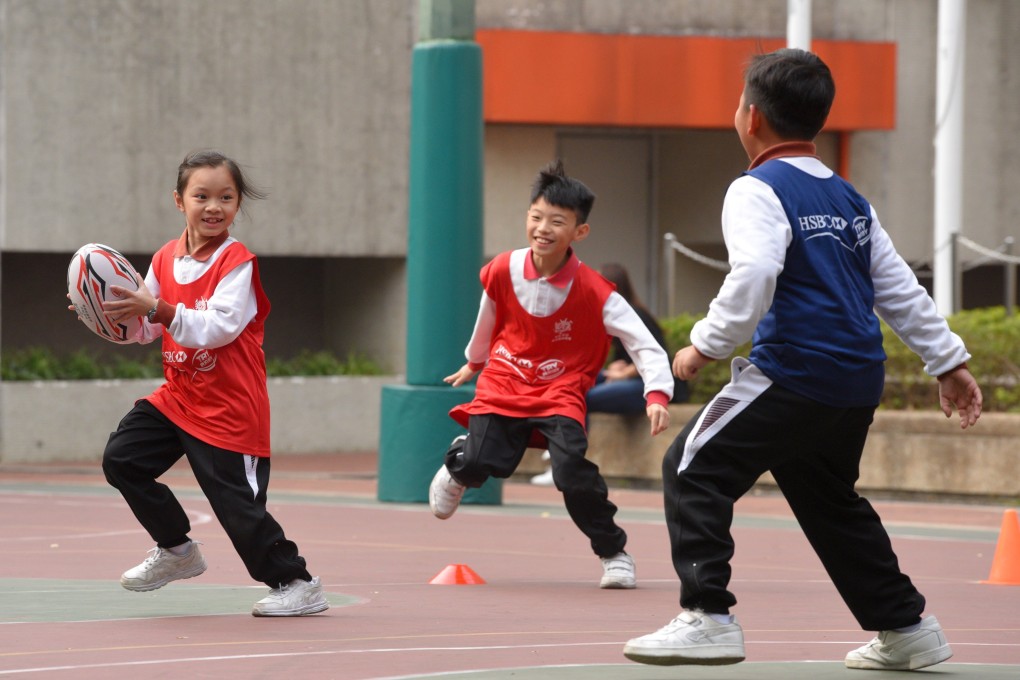Letters | Hong Kong’s Covid fight shouldn’t mean all work and no ‘fun’ for unvaccinated students
- Readers discuss the decision to bar unvaccinated students from non-academic activities, how to teach spoken English better, why John Lee has a hard act to follow, and the demographics an aspiring chief executive should be reaching out to

It is reasonable to require staff and students to take a rapid antigen test every morning but I do not see the point in banning unvaccinated students from non-academic activities, including music and physical education.
In recent decades, Hong Kong’s education sector, including the Education Bureau, has been putting greater emphasis on whole-person development, which gives equal importance to the physical, psychological and social domains. When unvaccinated students are forbidden from taking part in extracurricular activities, what can they gain from schooling besides academic knowledge?
If we adults recall our past school days and put ourselves in students’ shoes, it is not hard to understand the challenges they have confronted in recent years. With sports days, class outings, graduation ceremonies and other school activities being called off due to the pandemic, students have experienced enough disappointment.